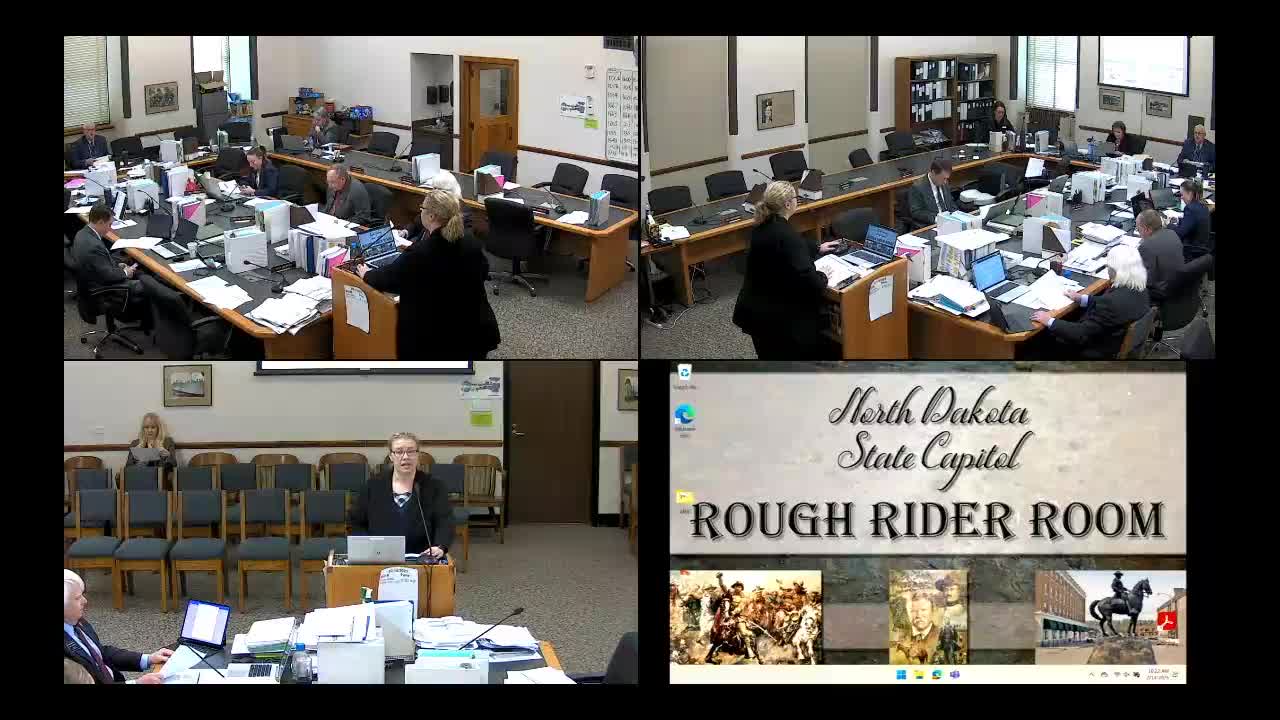HHS: $165M in behavioral-health programs added since 2016; six pending bills affect services
Get AI-powered insights, summaries, and transcripts
Subscribe
Summary
Pam Segnus, executive director of behavioral health at HHS, briefed the Appropriations - Human Resources Division on roughly $165 million in behavioral-health programs and grants added since 2016, described program outcomes and listed several pending bills that would add appropriations for hospital, jail and other services.
Pam Segnus, executive director of behavioral health at the Department of Health and Human Services, told the Appropriations - Human Resources Division that the department has added roughly $165,000,000 in behavioral-health programs and access since 2016 and provided a line-by-line document showing program starts, spending and outcomes.
"In total we see about $165,000,000 of, new programs and access to services that didn't exist prior to 2016," Segnus told the committee. She said most of the programs are community-based and that some inpatient contracts exist — for example, contracts for inpatient beds and a contract in Williston — while the majority of funding supports community services.
Segnus highlighted the substance-use-disorder voucher program as an example: the program launched in 2016, has served more than 9,100 individuals and has had roughly $49,000,000 appropriated to date. She said other programs in the packet have performance measures and monthly outcome-based reimbursements; free-through-recovery and community-connect payments are reconciled against outcomes before provider payments are made.
She also walked through six bills pending in the session that include behavioral-health appropriations. Examples cited by Segnus include a bill that would provide $16,000,000 for a hospital project (committee reference: "14.68"), legislation to support 988/FirstLink funding, a reentry bill with a $750,000 appropriation for the department, and a bill that would create up to $10,000,000 in grants to provide mental-health services in jails (committee reference: "13.37"). Segnus said those measures are not part of the governor’s budget but are active in the legislative process.
Committee members asked about outcomes, and Segnus pointed them to the department’s outcomes book. She said the department publishes program-level outcome measures and that Free Through Recovery and Community Connect reimbursements are tied to validated monthly outcomes. Segnus also said she would follow up with the committee on the status of a 1915(i) Medicaid item and opioid-treatment-program material.
No formal action or vote was taken during the briefing. Segnus said the packet was meant to make the committee aware of program history, current appropriations and pending bills with behavioral-health impacts.
